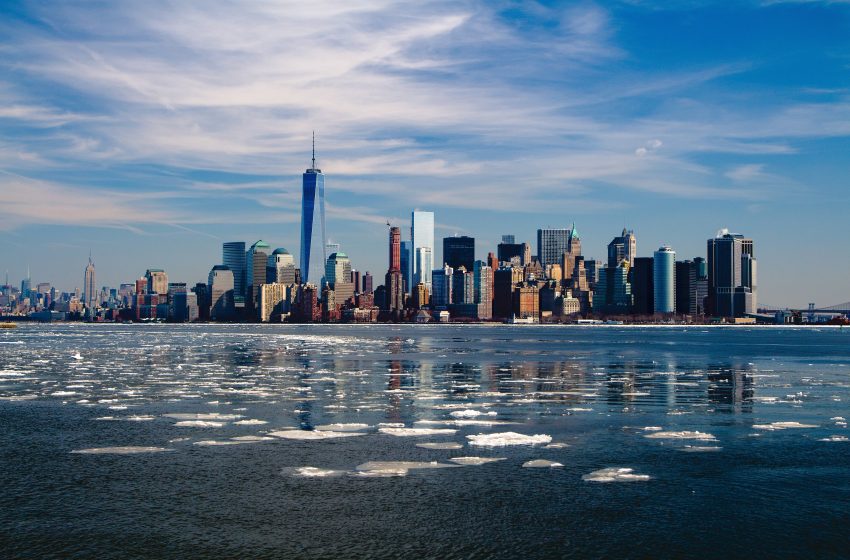NYC counterfeit market thrives despite police crackdowns

Counterfeit goods for sale on Canal Street
In August, New York City police confiscated a value of $2 million in bags, sneakers, and glasses, with fake Gucci, Chanel, and Louis Vuitton labels. Despite these raids, finding more counterfeit stuff for sale isn’t hard.
NEW YORK – The NYPD continues to confiscate counterfeit designer goods. But FOX 5 News found these makeshift markets continue to multiply, especially on Canal Street in Lower Manhattan, where the entrance to Chase Bank is crawling with shoppers, sellers, cash, and counterfeit goods.
In August, New York City police confiscated a value of $2 million in bags, sneakers, and glasses, with fake Gucci, Chanel, and Louie Vuitton labels. Police called it Operation Bag Guys.
But in the following weeks, FOX 5 News saw the makeshift markets back at it again. There's no doubt the dealers are afraid of the cops. Their goods are on tarps that can quickly be wrapped up and rolled away in carts.
"We can't stay out here," one seller said. "If the police come, we gone."
"All the time we're watching out for the cops," seller Diango Cisse said. "And the cops — they're so ruthless."
So are customers, who want the labels but not the high prices. Faux-luxury online stores like DHGate are rising in popularity among young people. And Fordham University Economist Giacomo Santangello said inflation is forcing people to skip luxury and shop sensibly.
"You want to go out, you want to look nice — you want your Prada, your Fendi, your Versace. You know, these are the things you want," Santangello said. "And look — you couldn't afford it before, you can't afford it now, you're not going to be able to afford it tomorrow. And some nice lady from Long Island happens to have Versace bags — why not?"
The value of the international counterfeit luxury items market is anywhere from $400 billion to $600 billion, according to the U.S. Intellectual Property and Counterfeit Goods Office.
The sellers who spoke to FOX 5 News said they know the source.
"They know where it comes from — Asian countries," Cisse said. "When they come here, we get it from them. We're the little guys. It's just like a big cartel."
Santangello said police don't really have the ability to get the factories.
"And that's really a part of the problem," he added.









